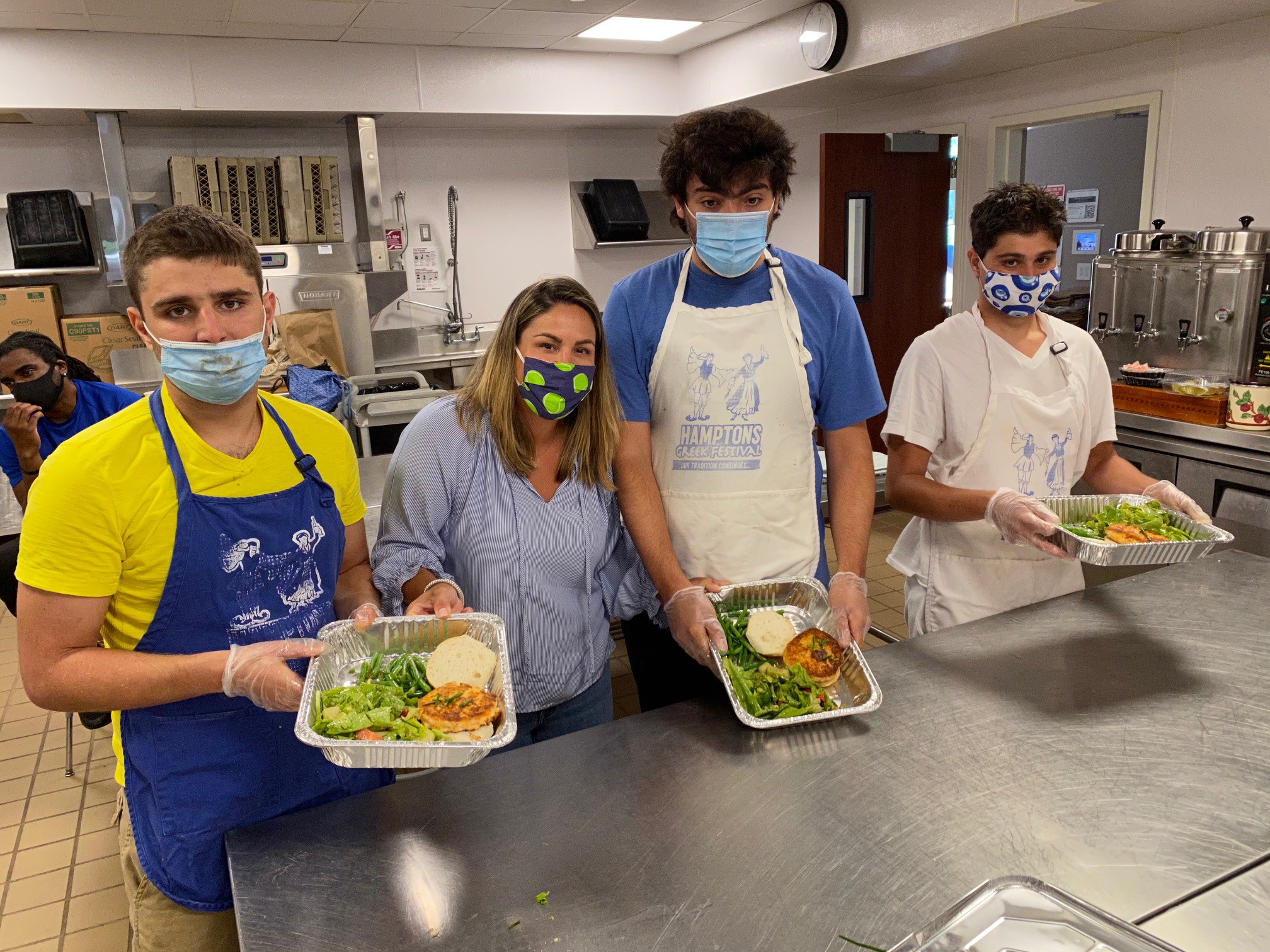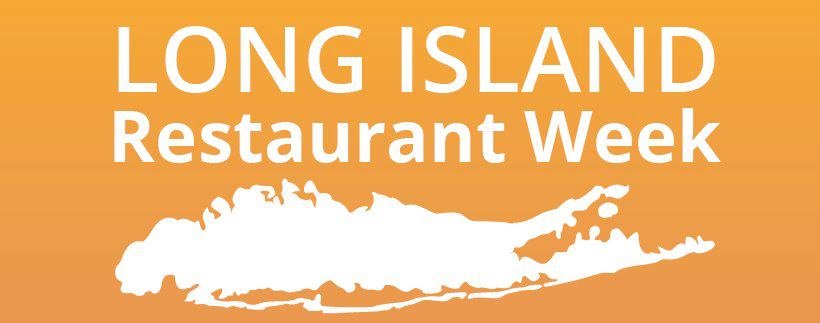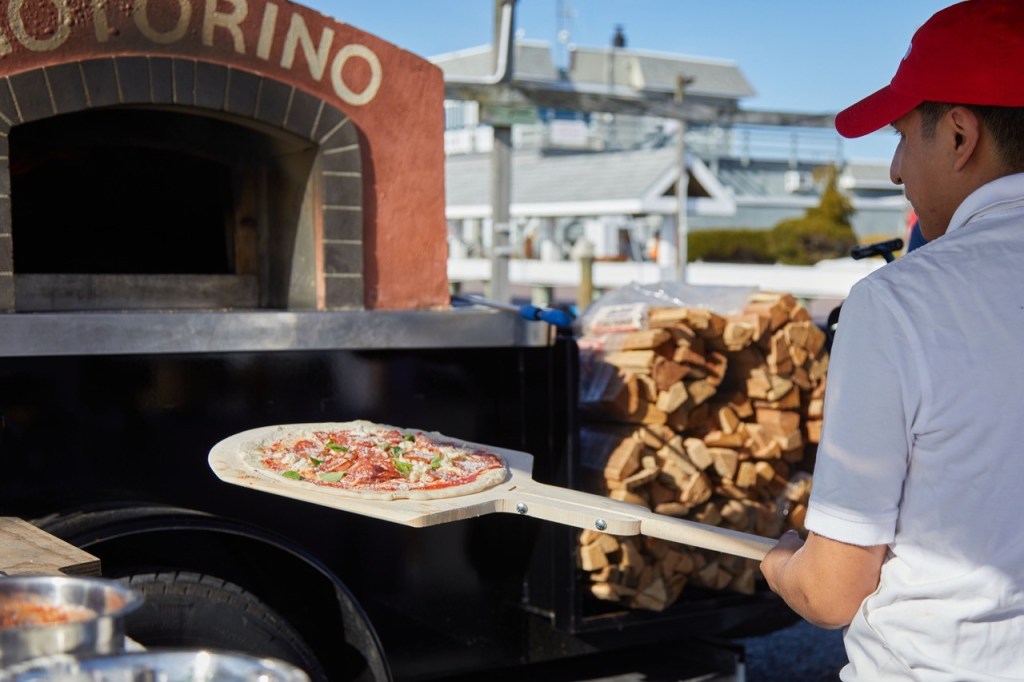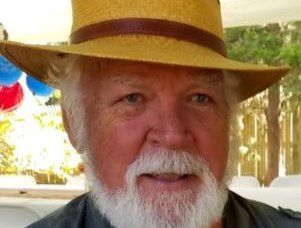Spreading the Luv in Southampton and Beyond

When Lisa Liberatore, M.D., talks about her son Michael, the youngest of her two boys, it is immediately apparent how the power of love is a transformative, inspiring thing. The power of LUV, well, we’ll get to that in a moment.
“Michael is profoundly autistic,” says his mother, “meaning that he has difficulty with verbal, expressive language, and regulating social situations, anxiety, and has difficulty in terms of flexibility—everything has to be very structured, which is common thread in autism. He’s highly intelligent, which makes it extremely difficult, because people don’t assume that he has as much ability as he has.”
When Michael turned 17, his parents realized that the opportunities they had been able to offer him both with the warm, structured environment of his school, and outside the classroom as well, would become more limited. “So I started looking at what he was skilled at,” Liberatore says, “and he is very skilled at assisting in the kitchen—prepping, chopping, peeling all the vegetables, whatever process we needed to do. So I said, why can’t he be a prep chef?
“Well, because of his autism, he couldn’t really get into any schools for culinary, they didn’t know how to deal with him as a learner,” she continues. So the family found a chef who came to their house a few days a week and worked with Michael, and eventually, Liberatore recalls, “We said, okay, let’s create a little home business. He could just make something to give to his grandmas or someone who was sick, and send it like a present, ‘Love Michael.’”
A logo and a website followed—“Love Michael” was taken, so they went with “Luv”—and in 2015 the nonprofit Luv Michael was born. Driven by the vision of providing meaningful employment and on-the-job training to those diagnosed with autism, Luv Michael grew quickly.
With the help of a space in Long Island City called Entrepreneur Kitchen, which helps turn such home enterprises into true businesses, and the participation of other families, LUV Michael started hiring employees, bringing in a special education teacher to teach food handler curriculum, and making organic, gluten-free, nut-free granola to sell through partner stores and direct to consumers. “We committed a whole space we own in Tribeca into a full commercial kitchen, a popup retail store and a learning classroom,” Liberatore says. They had just gotten the ovens turned on in January 2020 and had 12 employees, who they call Granologists, but as with many ventures, COVID shut the doors.
Never ones to be deterred, they reached out to teens looking for virtual community service opportunities, and offered the chance to do advocacy work and fundraising. Some 900 kids from around the world got involved, and in September the physical location reopened its doors as well.
Challenges and changes were not only having an impact on Luv Michael, but on its namesake. “In the meantime,” Liberatore recounts, “Michael, when he turned 19, as many autistic young men do, with puberty, he started having challenges, and it culminated with him needing to move out of our home and into a crisis home in Rocky Point. When he moved into this home…we realized that he really did want to move out of the house, that he wanted the same kind of independent life that his brother was having, going to NYU and living in the city—he just couldn’t express it. We realized Michael wasn’t going to be moving back home with us, so what would be the transition from there?”
Michael, now 22, is not alone among individuals with autism who “want to have a life of their own,” she says. “So we started our second nonprofit, a sister organization called U.S. Autism Homes. The purpose of U.S. Autism Homes is to make a replicable model of a home that will give parents comfort for what happens after they die. Obviously, I can do only so much while I’m alive, but imagine what happens when I’m not around—that scares everybody who has a special needs child.”
Liberatore and her husband, Dr. Dimitris Kessaris, purchased a house on St. Andrews Road in Southampton and modified it to have five bedrooms on the first floor. It is now home to three autistic adults—Michael and two other young men—and two live-in caregivers. Having attended the Virgin Mary Greek Orthodox Church in Southamptonfor some 25 years, Liberatore’s family turned to the church for space for enrichment classes and teaching living skills, and to Father Alex Karloutsos and Father Constantine Lazarakis to take a leadership role in showing other organizations how to get involved.
“The model of the house is to be tied to a faith-based-supported community on an interdenominational basis. So it’s not about pushing any one specific religion or agenda, it’s about using faith-based communities for their kind, philanthropic support of people.”
The other part of the program is an academic affiliation with Stony Brook University Department of Psychology, where a three-year grant has been awarded for the purpose of creating best practices and a training module for support staff that will work with autistic adults in a residential situation. “That doesn’t exist right now,” Liberatore says. “Everyone is piece-mealing things together.”
But with each package of granola and each step Luv Michael and U.S. Autism Homes take, things comes together a little bit more. “We always tell people that we’re fortunate enough to be able to take care of Michael for the rest of our lives, that’s not the point,” Liberatore says. “The point is, we want the world to be a more empathetic, kinder place toward people with autism and any kind of challenges and differences.”
Visit LuvMichael.com to learn more.



